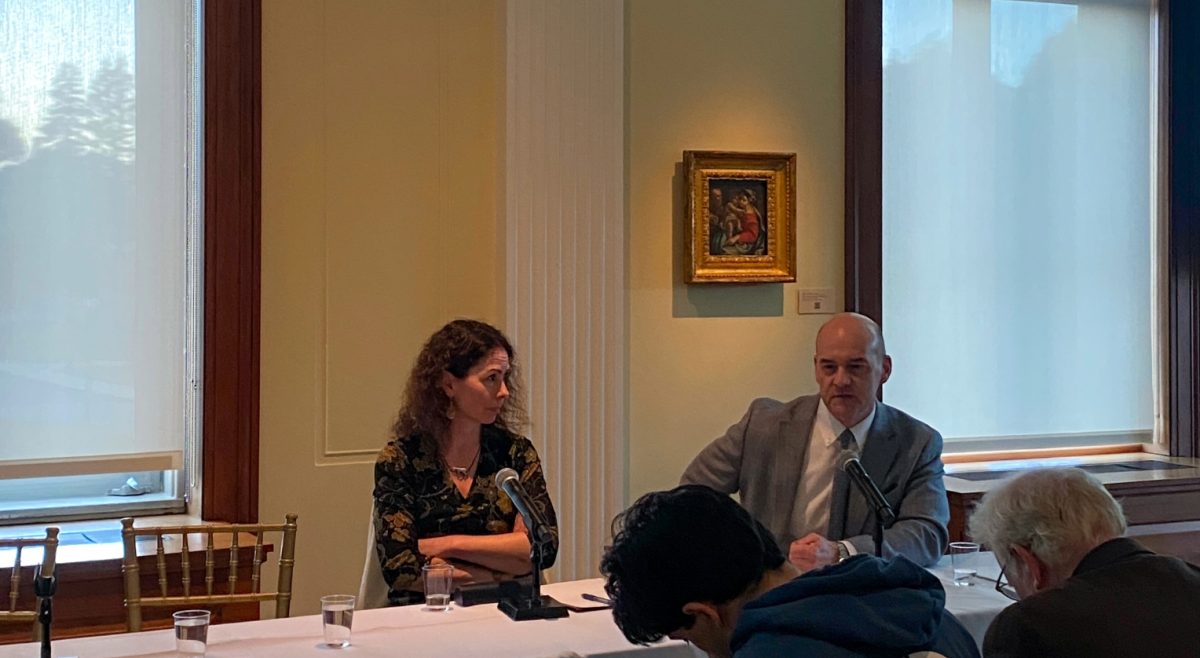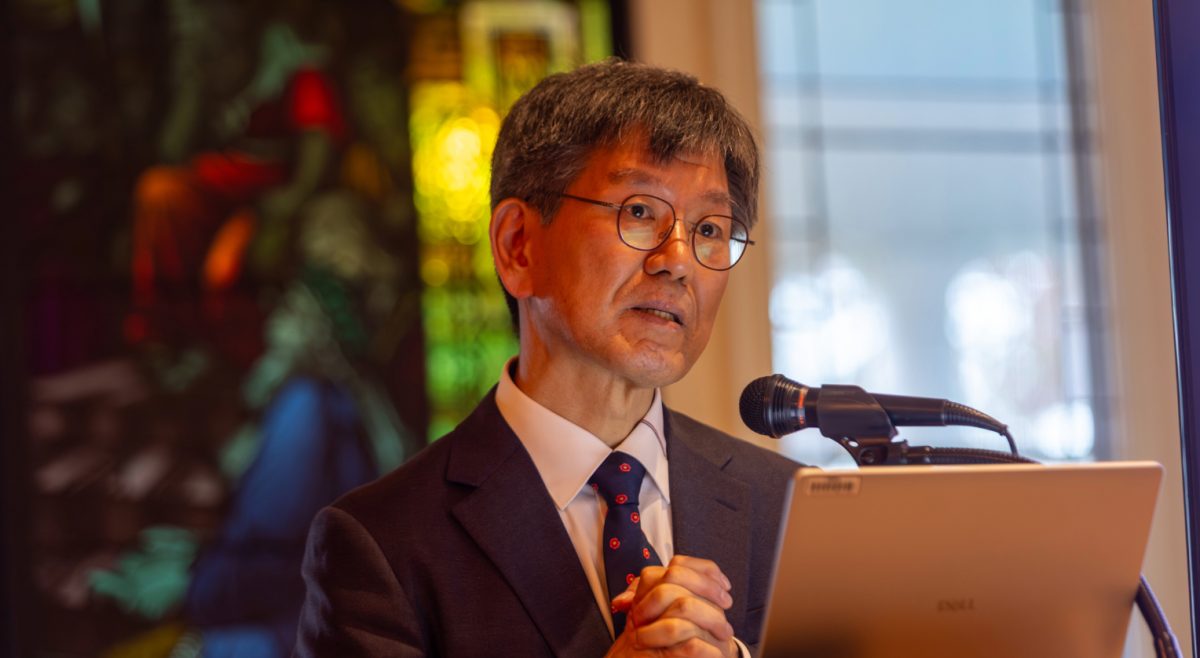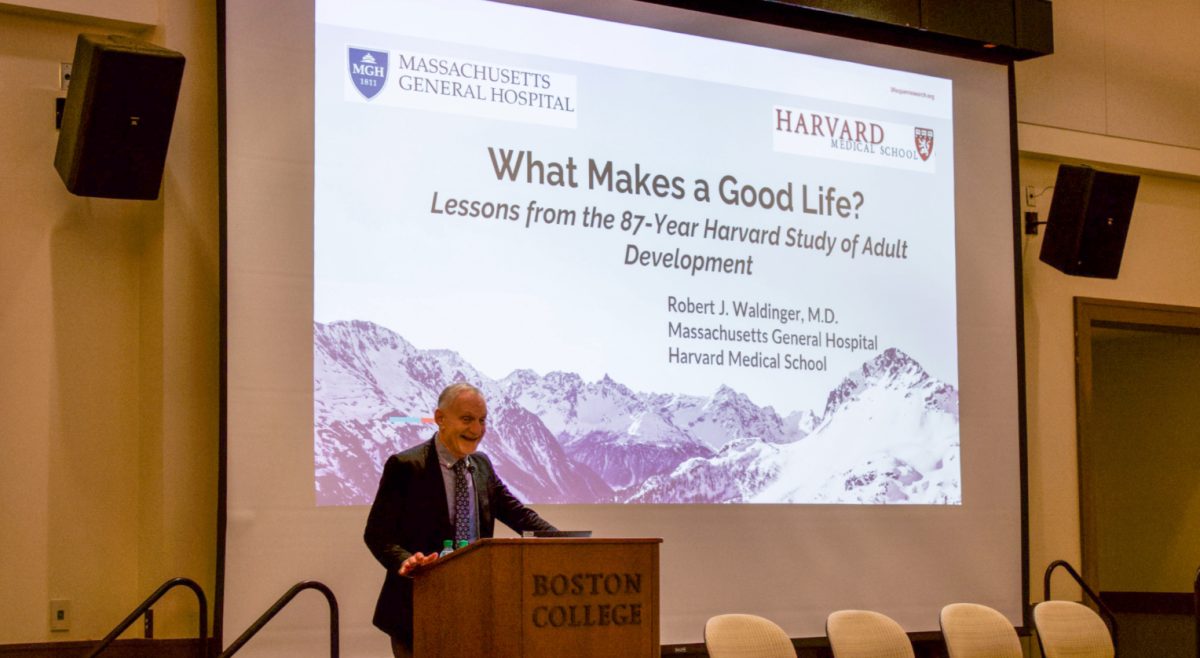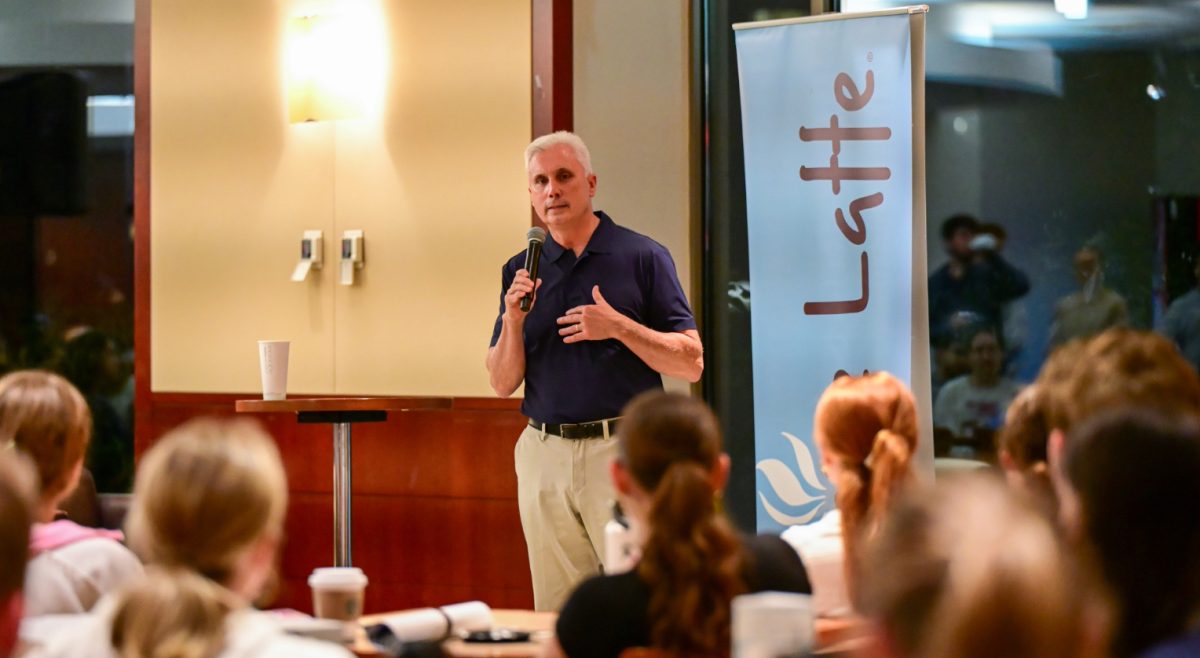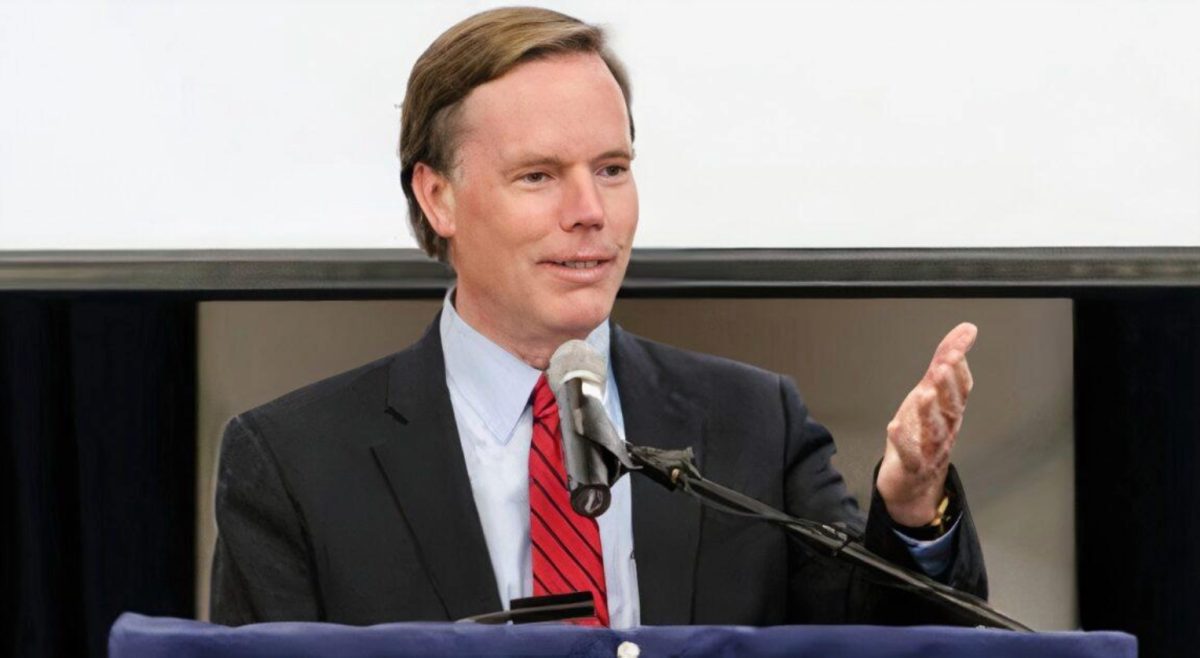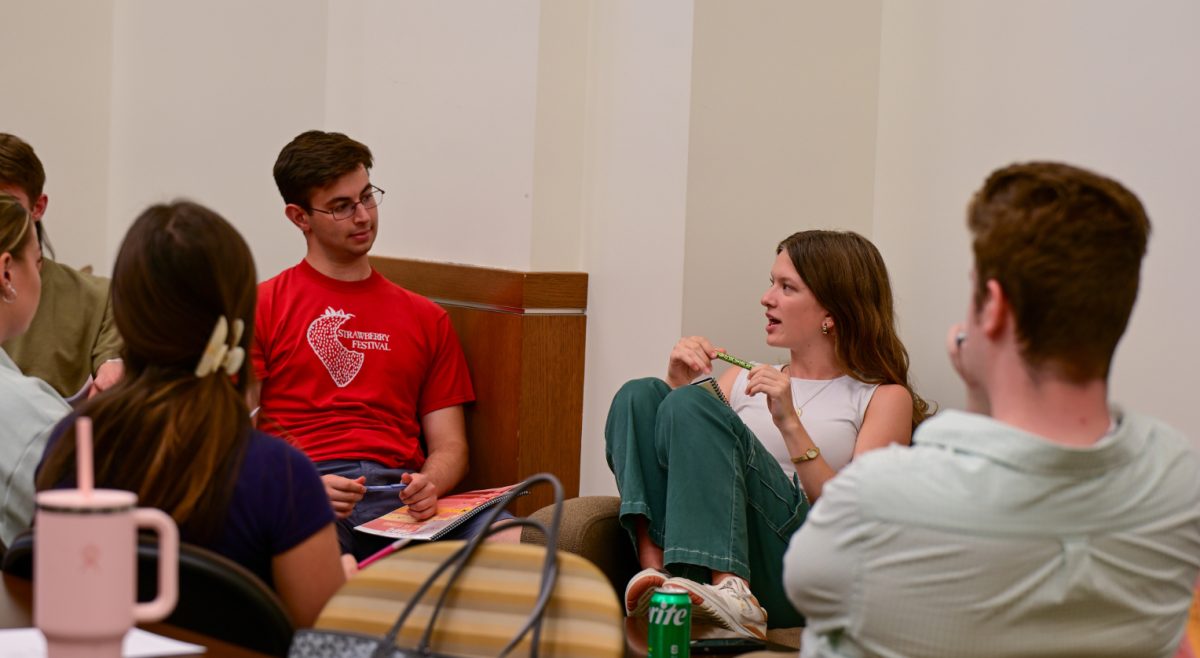Jonathan Laurence warned that democracy in the United States will decline gradually and then suddenly, in line with current trends in democratic countries.
“Half of 167 [democratic] countries registered a meaningful decline in their democratic index score in the last decade,” said Laurence, director of the Clough Center for the Study of Constitutional Democracy.
Laurence spoke on Thursday as part of the Clough Center’s first Democratic Resilience panel, launching the Center’s yearlong exploration into democratic societies. Laurence joined four other panelists: Robert C. Bartlett, Behrakis professor of Hellenic political studies; Gerald M. Easter, chair of the political science department; Ingu Hwang, associate professor of practice in international studies; and Sheri Berman, chair of the political science department at Barnard College.
The series will feature events throughout the academic year that explore the capacity of democratic institutions to endure strain, cultural and political polarization, demographic shifts, and numerous other challenges.
Laurence opened the event by emphasizing how the resilience of democracy in the United States is being tested.
“To be resilient is not to survive in the same form as before,” Laurence said. “It implies modification to adapt and thrive in new circumstances and better able to respond to future struggles. Democratic backsliding or de-democratization is a concern that has grown in tandem with political polarization, rising economic inequalities, the erosion of political parties, and the fragmentation of our media landscape.”
Laurence also warned that the growing power of the executive branch poses a significant threat to the country’s constitutional rights, affecting the very fabric of democracy itself.
“History has repeatedly shown that rights can also falter,” Laurence said. “In the United States, many fear the onset of a constitutional crisis, given the extraordinary ambitions of the White House to wield its power over the branches of government and civil society.”
Bartlett explained that modern democratic societies tend to self-implode, lacking structural resilience.
“The question on the table for us today is the suicidal tendencies in modern democracy,” Bartlett said. “In a matter of resilience, ancient democracy had a mixed record.”
The support of citizens is lacking in the United States, according to Berman. Especially those in the middle-class, as their “[economic] growth has declined over the past few years.”
This pattern of waning support, Berman explained, is typically seen in failing democracies.
“When democracies decline, it will be gradual, and then sudden,” Berman said.
Looking at past democratic societies, many had a run of one or two centuries, but the United States has been a democracy for over two hundred years, seeming like an outlier. However, Berman emphasized, however, that just because the United States has outlived many democracies, the country isn’t susceptible to “democratic decay.”
“No matter how long-lived our democratic institutions are, they’re not free-floating,” Berman said. “Their resilience depends on the continued support of citizens, and when they start losing that support, we should expect to see a lack of resilience.”

